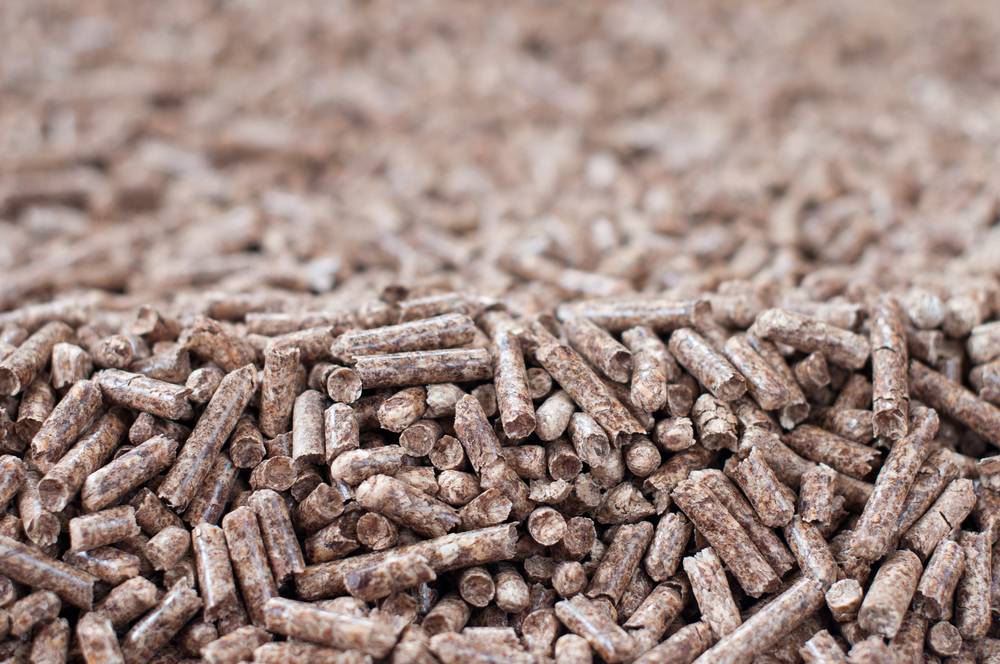How Biomass Fuel Helps to Reach Climate Targets
Further use of biomass fuel across different industries is one of the most innovative methods to achieve future Government climate targets.
P.H Winterton, are part of the UK’s biomass supplier list, making us one of the recognised providers of this low-carbon energy solution for the West Midlands.
For our latest blog, we are going to explain how biomass fuel works, its benefits and why it needs to be used more in numerous sectors.
The Environmental Benefits of Biomass Energy
Bioenergy currently represents 7.4% of the UK’s primary energy supply mix (according to REA), but it this energy source that will play a crucial role in the decarbonisation of sectors such as transport and industries which rely increasingly on electrified technologies and system.
The Association for Renewable Energy and Clean Technology (REA), has stated that the country should aim to more than double this figure to 16% by 2032, which would help climate targets to be achieved.
The UK Government has announced it will be extending the Domestic Renewable Heat Incentive (RHI) until March 2022, with the introduction of flexible tariff guarantees to non-domestic RHI until March 2021.
The RHI was originally set to close at this time, but now households that have signed up to the scheme will continue to receive payments until the end of the 7-year agreement.
This scheme was put in place to convert 12% of UK homes to a renewable heat source (such as biomass fuel) by the end of 2020, with current figures suggesting it will reach between 8 and 10%.
Biomass Fuel Available from P.H Winterton
P.H Winterton offers two types of biomass fuel to customers in domestic, commercial and industrial environments –
- P16 grade – Smaller sized wood chip
- P35 grade – A-grade wood with no contaminants present
If you are interested in implementing biomass energy in your property, please contact us today and we can recommend the best product for you.

